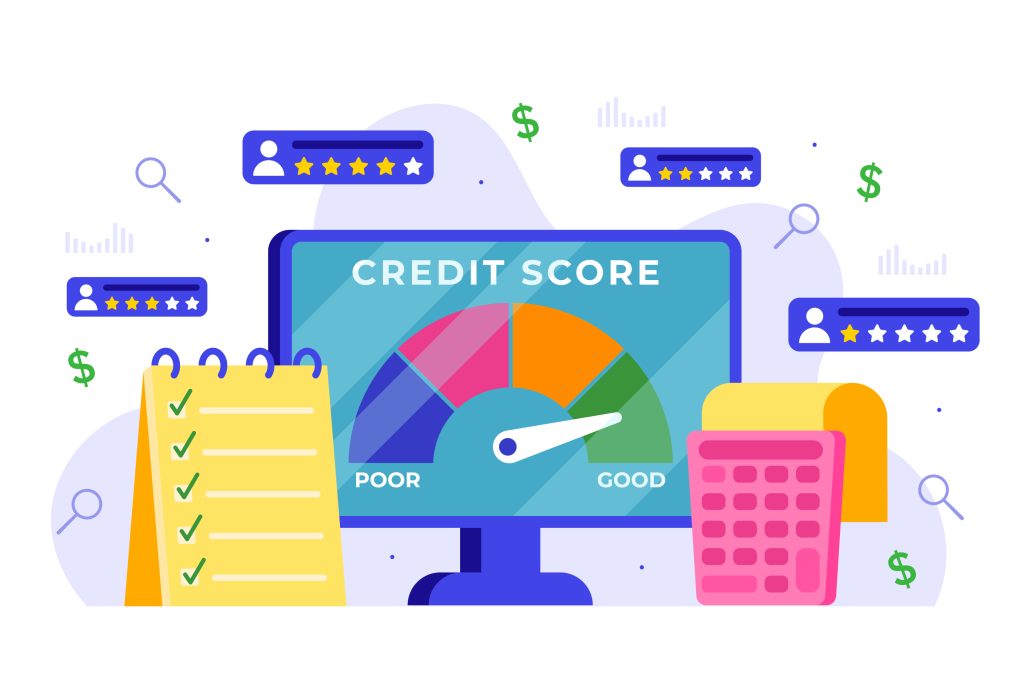There is plenty of talk about fintech Upstart’s recent stock performance, which closed at $37.46 per share on May 16, depressingly beneath the 52-week high of $401.49. The firm’s most recent quarterly report indicates they serve 2.2 million borrowers and approve 74% instantly and place loans through 57 banks and credit unions. Watch the credit fundamentals and rethink the proprietary credit score, I would say.
Upstart claims that its alternative scoring model outperforms the FICO Score, but they are in the business of originating loans bought by financial institutions. Their numbers indicate that revenue from fees is the primary source of income. Revenue in Q122 from fees amounted to $314.0 million, and income from operations was $34.8 million. While they have some skin in the game, more money comes from selling loans than servicing. For financial service partners, one of my issues has always been that buying loans through a marketplace lender takes the pressure off the core skill of lending: sourcing loans. Rather than having loan officers servicing their markets, the marketplace model creates a dependency on buying loans through a sourcing company. This strategy diminishes banks or credit unions from building their lending base. Loan officers are crucial to building long-term growth.
Another concern comes from alternative scoring. Sure, it is fun and flashy, but will it hold in a stressed market? That remains an open issue. Is it better than the FICO Score? That’s doubtful and the subject of a recent discussion at The Motley Fool.
After Upstart Holdings (UPST -1.26%) reported disappointing earnings results for the first quarter of 2022 and lowered full-year guidance, shares of the artificial intelligence (AI) lender have plummeted close to 70% over the last five days.
Several things in the quarter concerned investors, including funding issues from the capital markets and lower expected transaction volume and conversion rates. But at the core of Upstart’s business model is its ability to better assess and underwrite credit. That is the company’s value proposition to banks, credit unions, and institutional investors.
A business case supports opening the sales funnel through alternative scoring. Still, when assessing risk for an institutional investor or a lender, the proprietary score loses its luster when comparing performance against the rest of the loans offered by other lenders. For example, securitization pools, often purchased by investors through asset-backed securitizations, have a standard measure using the FICO Score. A FICO Score of 720 levels out the risk assessment, whether you are purchasing pools backed by credit cards, personal loans, or other consumer collateral types. A proprietary score focuses on the discrete pool of accounts.
With a rocky economic climate ahead, the FICO Score provides a sounder, universally accepted method for assessing risk. And from the looks of it, the market agrees.
Overview by Brian Riley, Director, Credit Advisory Service at Mercator Advisory Group
